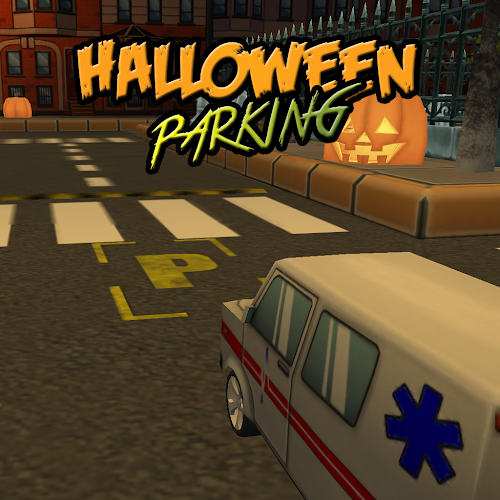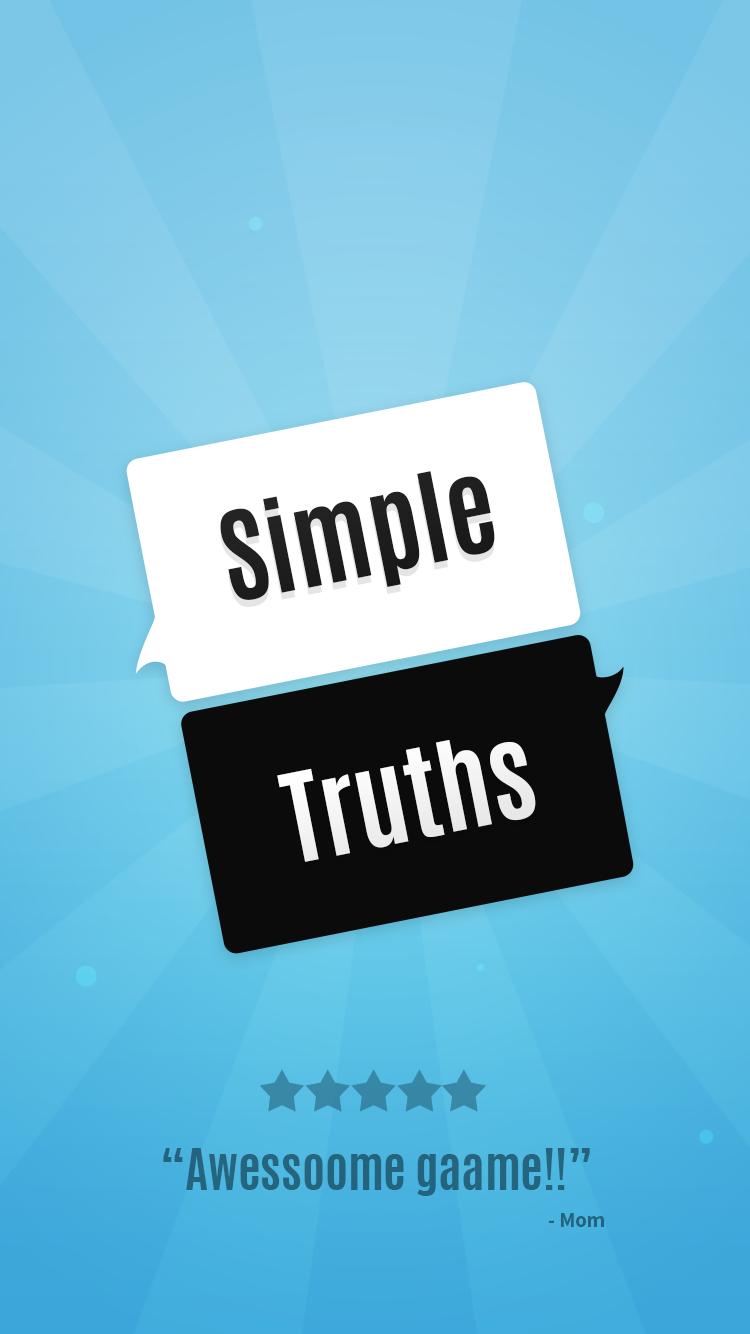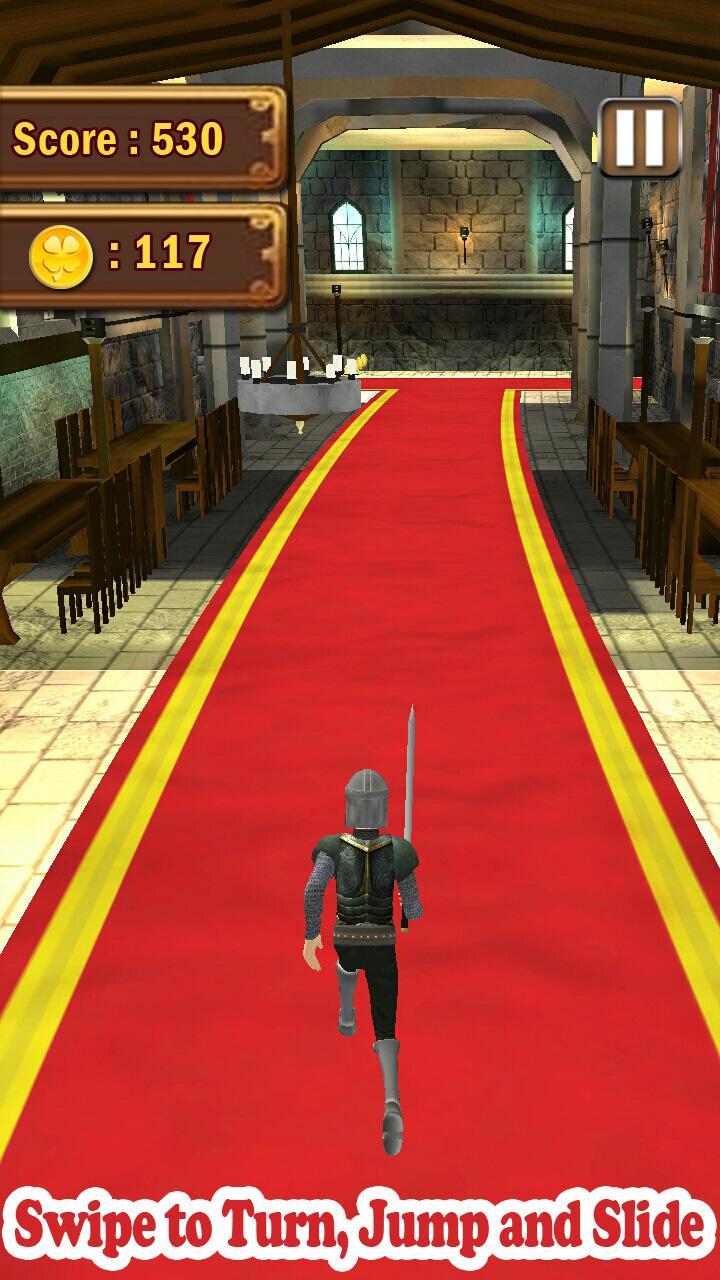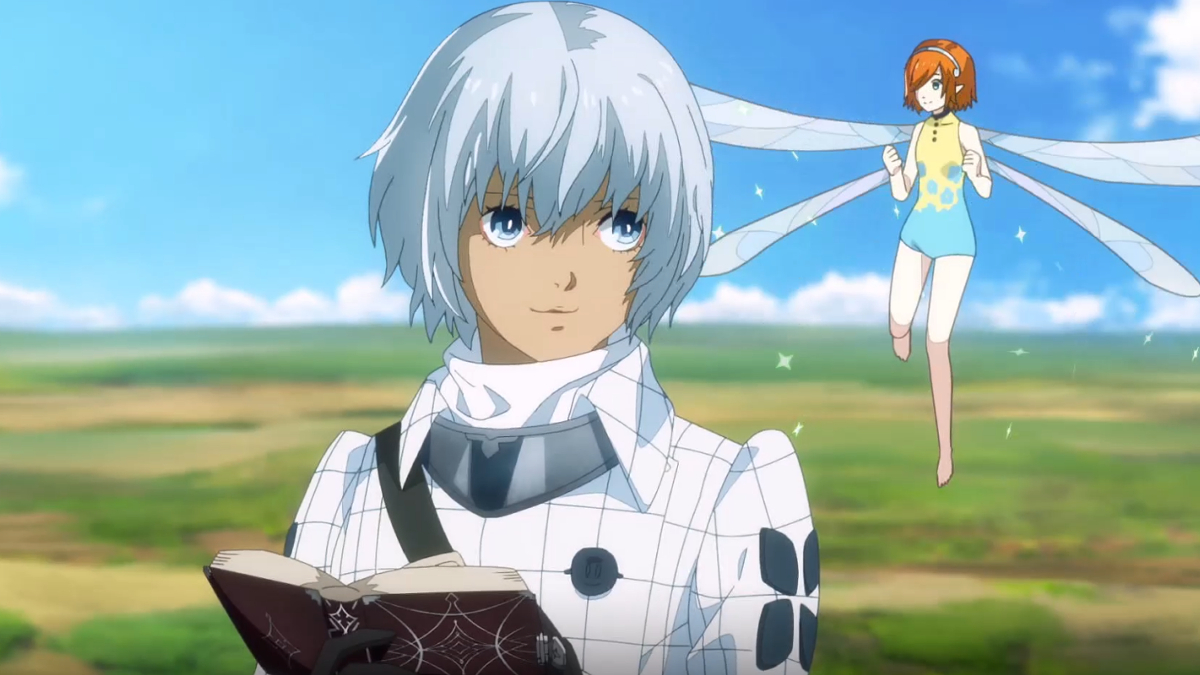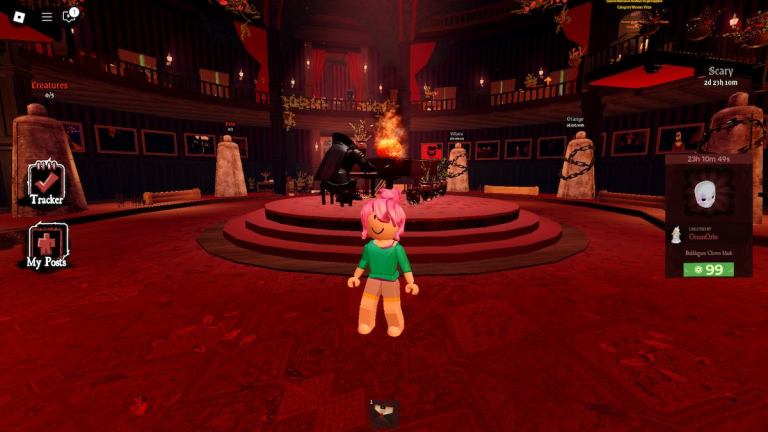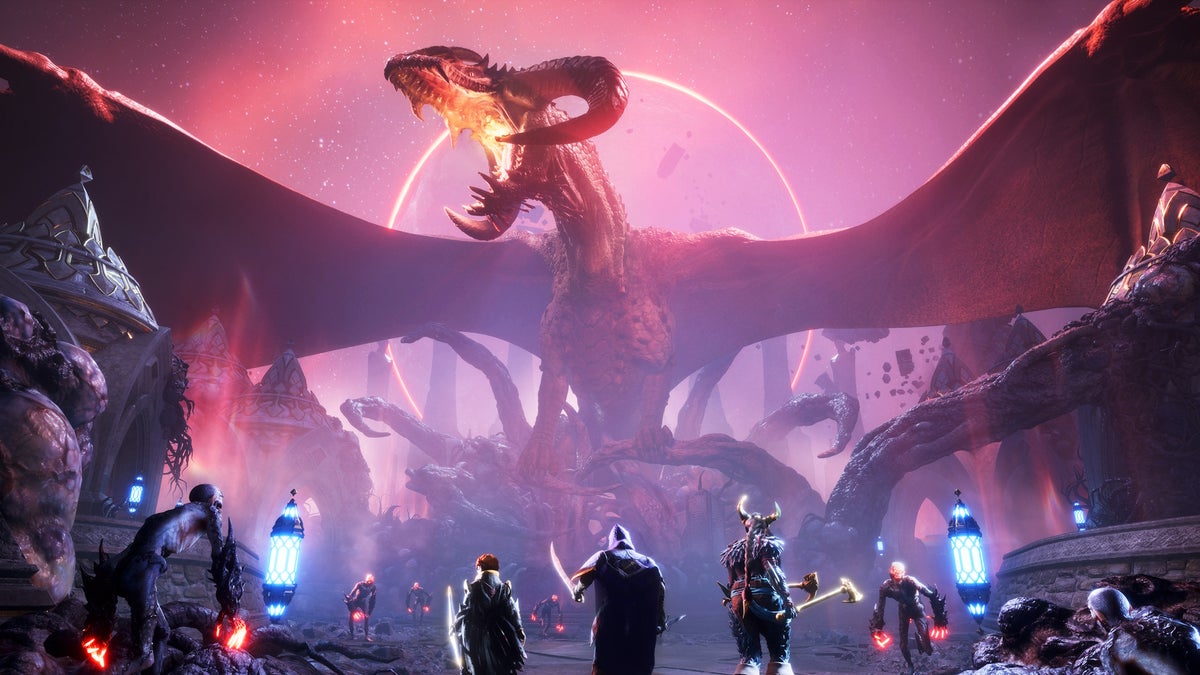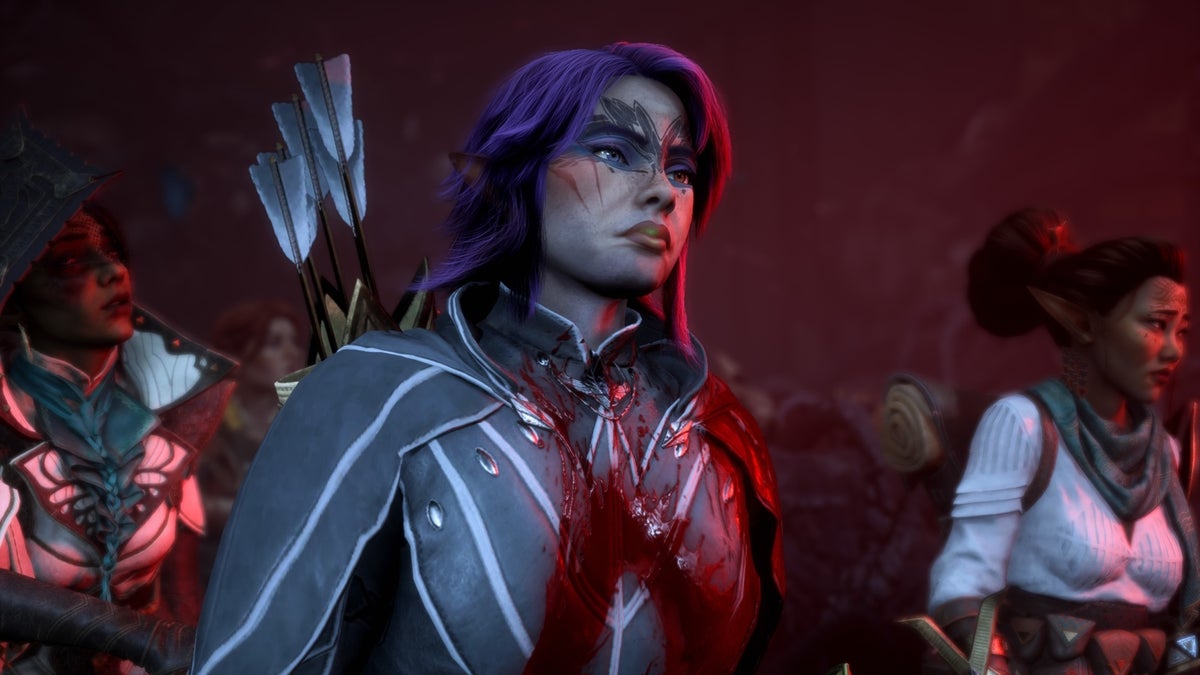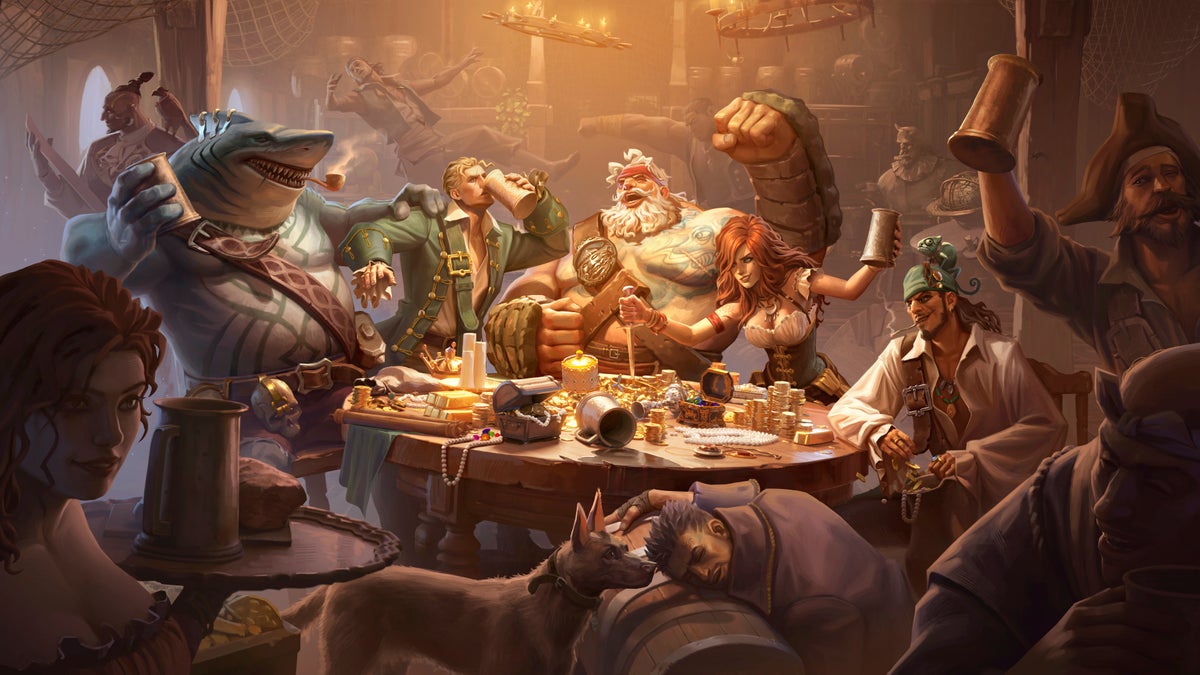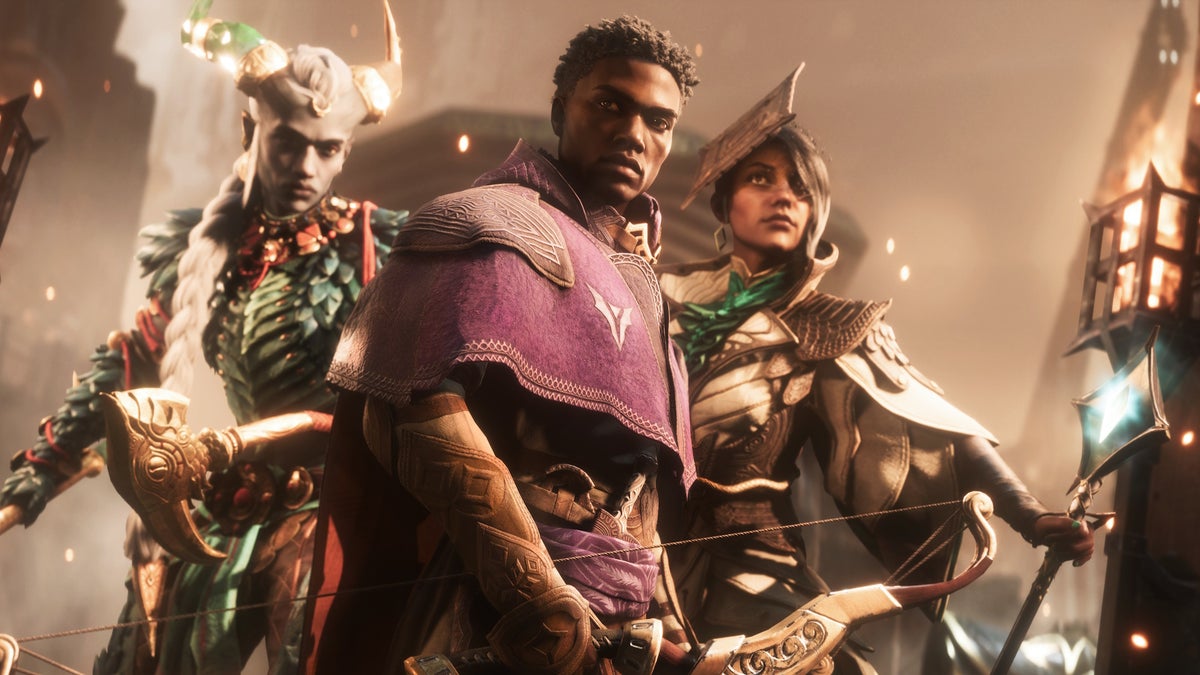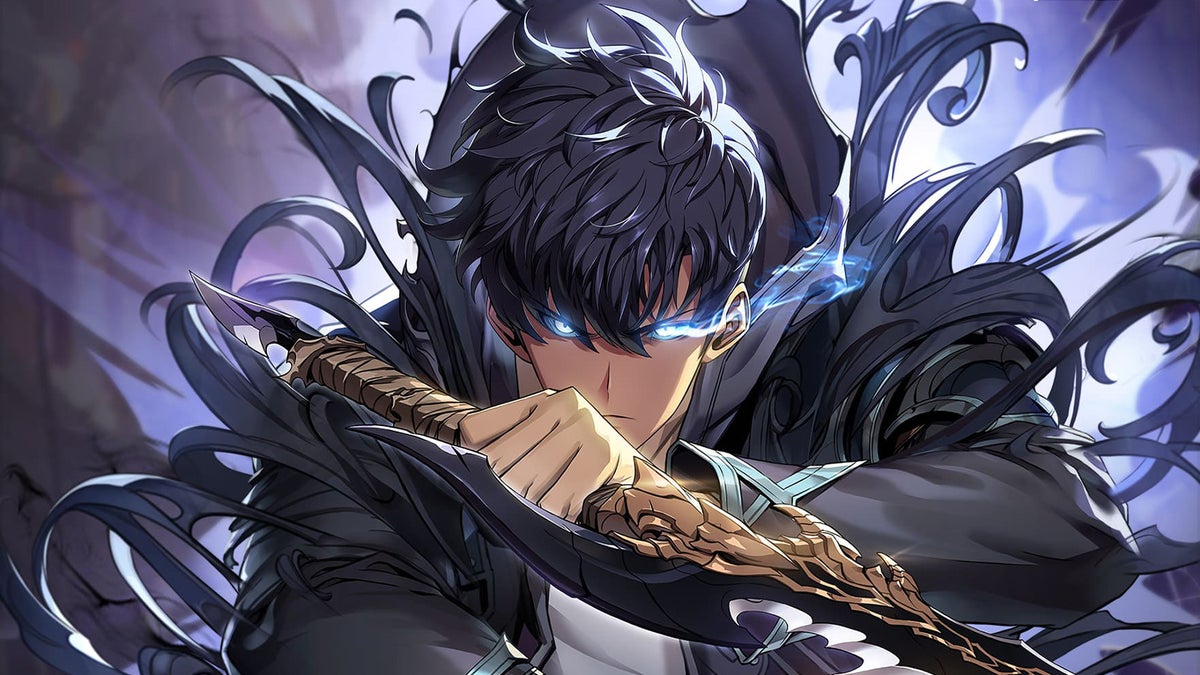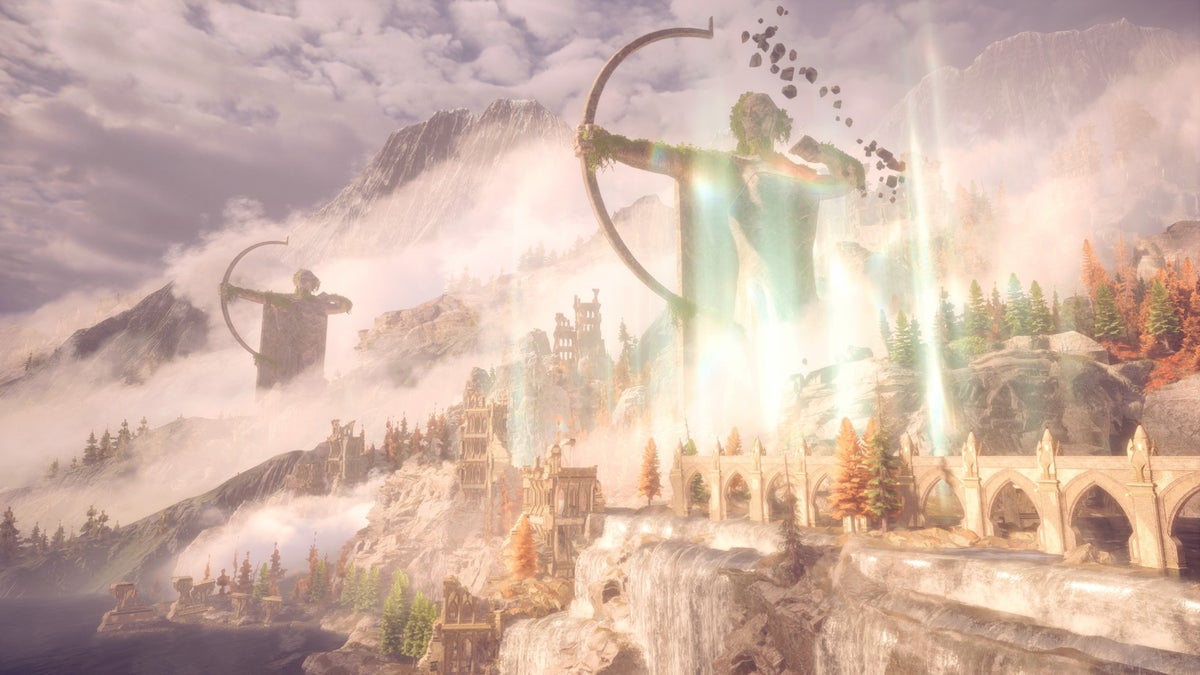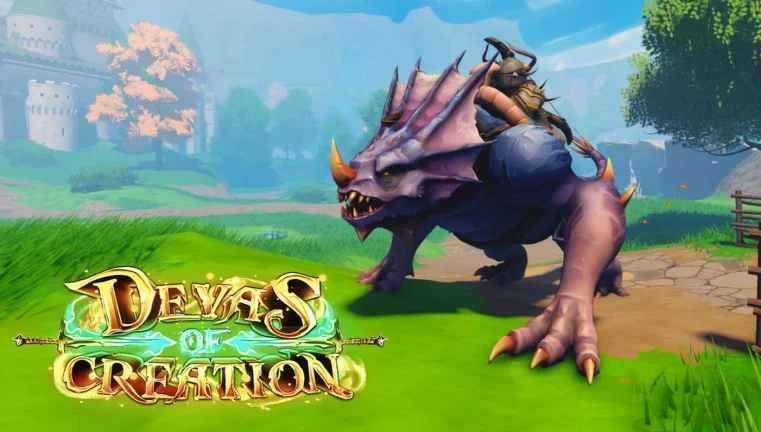Slitterhead is a game I want to like more than I do. Para todo conceito intrigante de que o jogo oferece jogadores, isso o impede com a mecânica de jogabilidade mal executada ou uma apresentação confusa.
When Slitterhead was first announced, I was excited, if only because of Keiichiro Toyama's involvement. The man has created some truly excellent games, like the original Silent Hill, the Siren series, and the excellent Gravity Rush duology. Most of those games are all-time classics in my eyes, so of course I was excited for Slitterhead. I knew the game wouldn't be as grand as other major video game releases, mostly due to its modest budget, but I still had hope for the best. And in those first few hours, it met my expectations.
The game has the player assume the role of a spirit known as a Hyoki. You don't have a name or your memories, but you know one thing – you want to exterminate creatures known as Slitterheads. Think of them like the creatures from The Thing. Eles devoram o cérebro de uma pessoa e os substituem, mantendo suas memórias e personalidades, mas estão lentamente invadindo as ruas inspiradas em Hong Kong de Kowlong e cabe a você detê-los. Given that you're a ball of light, your options of fighting back are limited, but you do have one unique advantage. The Hyoki can hijack a person's body and use them to navigate the world and fight Slitterheads.

It's this concept that had me immediately interested in Slitterhead. Swapping between bodies is fun both in and out of combat. Perseguir as cabeças de slitter, pulando pelos corpos é emocionante e abandonar um cadáver quase morto para assumir o controle de um corpo com saúde total torna o combate rápido e frenético. O tutorial mostra até os componentes de plataforma dele, com o Hyoki pulando de um prédio para atingir o nível do solo, apenas para trocar para um corpo no chão, para que você não sofra dano de queda. Uma vez concluído a troca, você observa o corpo que costumava habitar cair no chão, à medida que os civis reagem de terror ao que eles consideram um suicídio.
The horror is subtle in the game, but it's mostly left to the player to think about. The game never dwells on any of these aspects and instead simply presents the Hyoki versus Slitterhead concept as is. It's fine enough but lacks any depth. A história passa de ponto a ponto e, dada a estrutura narrativa solta, onde você joga eventos fora de ordem, torna mais difícil se envolver com a história do jogo. Mesmo assim, a apresentação da história é bastante sem brilho, com cenas consistindo principalmente em modelos de personagens parados sendo girados em torno de um ambiente, enquanto algumas linhas de voz recicladas e grunhidos os jogam.
And look, I don't have issues with budget games, but at points, Slitterhead just feels cheap. Characters models look ugly and barely emote, looking almost like a PS3 game. The limited presentation of the cutscenes makes it hard to follow what's even happening in the story. Enemy types are recycled and you'll be fighting them ad nauseum from the beginning of the game right up until the end. It's not that Slitterhead needed more time in the oven, but it needed way more resources to vary things up.

While the presentation leaves a lot to be desired, as a game, Slitterhead does have its moments. Taking control of random bodies is still fun and eventually you'll come across powerful humans called Rarities. Rarities have more health and unique abilities, allowing for more interesting combat opportunities. Minhas raridades favoritas eram Julee, que tem garras e pode se curar e as pessoas que a cercavam, e Alex, que tem uma espingarda poderosa e uma capacidade de gravidade que força os inimigos. A questão é que essas são as primeiras raridades que você obtém e as raridades futuras têm mais habilidades situacionais ou são tão fracas que, para torná -las boas que você precisará para despejar pontos de habilidade valiosos que não podem ser realocados uma vez usados.
Combat has the potential to be fun though, especially if you're swapping between the two Rarities you're allowed to take into missions. Ter um empate aggro e causar dano enquanto você troca para mais uma vez para curar e buff é uma estratégia sólida, assim como o controle de civis sem nome para deixar alguns acertos nos inimigos e depois trocarem para um novo corpo antes de serem mortos. It's never hard except when Slitterhead forces you to play as a character that you haven't been leveling up.
When you aren't fighting, you'll navigate a few small open-world areas to progress the story. Às vezes, eles assumem a forma de sequências furtivas lineares, que são um arrasto, mas outras vezes esses são segmentos de mistério, onde você precisa rastrear as cabeças de slitters disfarçadas. O jogo o guiará na direção correta, mas isso geralmente envolve conversar com os moradores ou rastrear sua posição observando o que eles estão vendo, como a Jacking Sightjacking funcionava em sirene.

I loved these investigative elements, but they're not fully realized. Embora o rastreamento de um Slitterhead deve ser como um jogo de gato e mouse, o jogo chama uma enorme atenção a quem é o Slitterhead, seja ele que está panificando a câmera para eles ou tendo uma opção acima da cabeça para revelar sua identidade, algo que aparece apenas para Slitterheads. Além disso, dados os relativamente poucos ambientes que você tem disponível e o número de vezes que você jogará neles, esses segmentos perdem o charme muito rapidamente.
The biggest problem that Slitterhead has is once you've played the game for four hours, you've seen everything it has to offer. Combat doesn't get more complex and the mystery segments don't become more interesting. All you're left with is repetitive combat and a story that you'll quickly lose interest in because of how poorly presented it is. Novamente, essas primeiras quatro horas são divertidas por causa de quão frescas e emocionantes os conceitos Slitterhead quer experimentar, mas então isso simplesmente não sabe o que mais a ver com eles.
After I finished the game after 12 hours, I couldn't help but think that I deluded myself into thinking that Slitterhead was better than it was. I wanted to like it, I honestly did, but after a certain point, goodwill can only take you so far. Eventually, you just have to accept a game you were looking forward to is actually bad.





